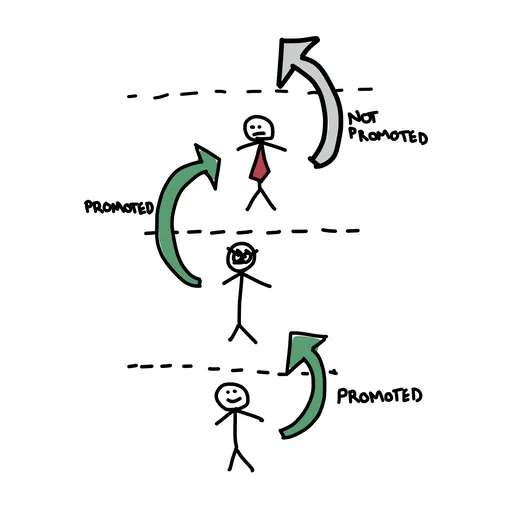Pareto Principle
80/20 Rule · Law of the Vital Few

The observation that for many situations, roughly 80% of the effects come from 20% of the causes.
Origin
In his 1896 Cours d'économie politique, Italian economist Vilfredo Pareto observed that roughly 80% of Italy's land was owned by 20% of the population. The pattern remained a curiosity until management consultant Joseph Juran generalized it in the 1940s as "the vital few and the trivial many," applying the 80/20 ratio to quality control and business problems.
Everyday Use
The 80/20 Rule reminds us of the disproportionate influence and important of certain items within any system — be they customers, data points, or hours in a day. Some examples might include that 20% of our coworkers cause 80% of the challenges, that 20% of our committed time brings 80% of our happiness, or that 20% of the pea pods in our garden produce 80% of the peas. It's a reminder that we ought not to give equal weight to all causes in our life when it's better to focus on the few that are having big effects.